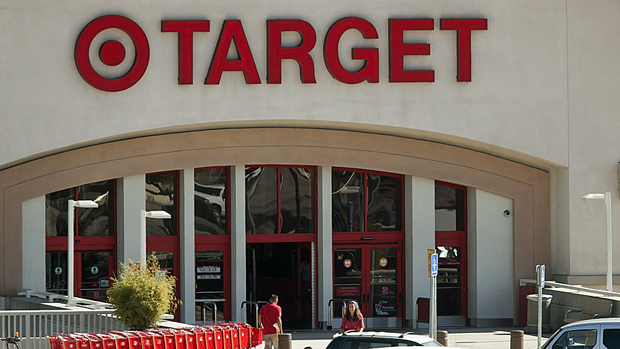 With Apple’s continued success with their iPhone, Sony Corp. has finally decided to bring their longtime smartphone plans to fruition. Unbeknownst to many consumers, Sony Corp. is actually separate from its joint phone venture, Sony Ericsson. The merger will cost US 1.5 billion, “as [Sony] seeks to exploit its music and video to help catch smartphone leaders such as Apple Inc.” Sony believes that linking its resources will reduce costs and allow the company to “more rapidly and more widely offer consumers smartphones, laptops, tablets and televisions.”
With Apple’s continued success with their iPhone, Sony Corp. has finally decided to bring their longtime smartphone plans to fruition. Unbeknownst to many consumers, Sony Corp. is actually separate from its joint phone venture, Sony Ericsson. The merger will cost US 1.5 billion, “as [Sony] seeks to exploit its music and video to help catch smartphone leaders such as Apple Inc.” Sony believes that linking its resources will reduce costs and allow the company to “more rapidly and more widely offer consumers smartphones, laptops, tablets and televisions.”
Since I didn’t know that Sony didn’t control their phone lines, I’m hesitant to see the new optimism resulting from this merger. Unless Sony places more focus on campaigning the introduction of this ‘rebirth’ (possibly with new products), I doubt that consumers’ demand would necessarily change. However, I know firsthand that they make quality goods, and this merger will improve the efficiency of their supply chain.
Despite Apple’s strong brand association with music, Sony has even deeper musical roots with their music label housing artists like Beyonce. Finally, Sony was synonymous with music during the time of Discmans and walkmans, so what’s stopping them from achieving that today.



